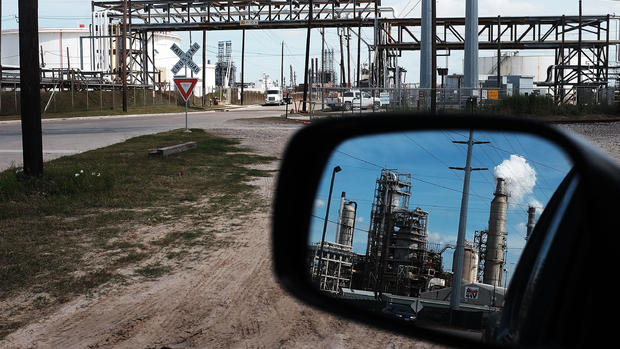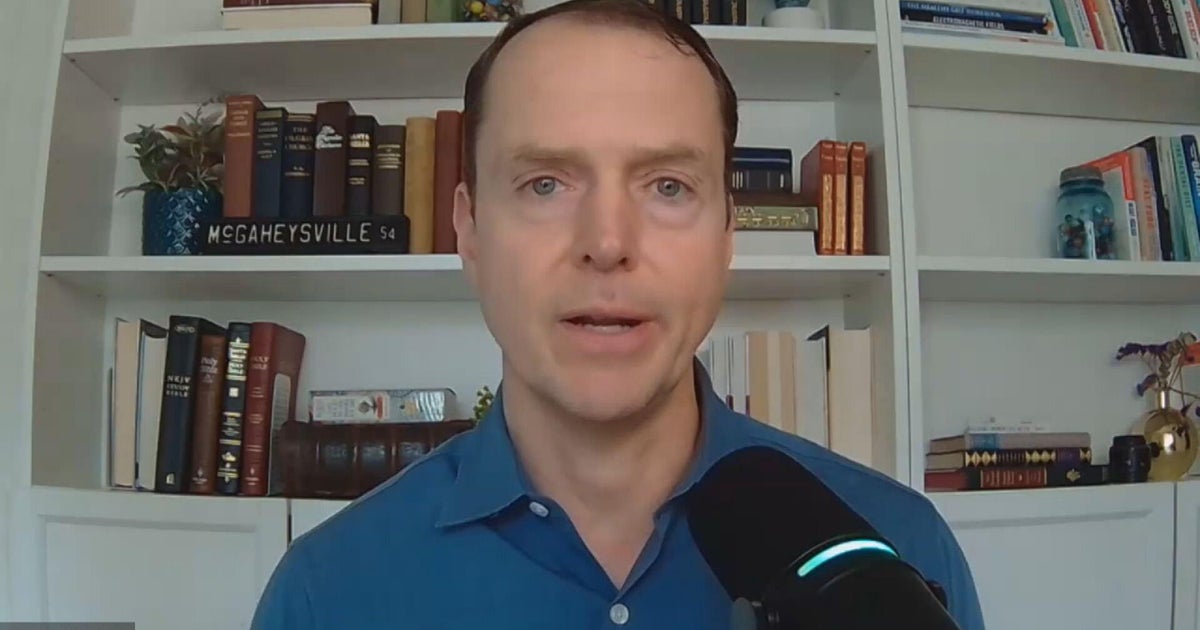WHO reveals shocking figures on air pollution deaths
UNITED NATIONS -- You may want to put on a gas mask after you read the latest report from the World Health Organization (WHO) on urban air pollution. The WHO says nine out of ten people are subjected to high levels of pollutants from the air they breathe.
Outdoor and household air pollution, the report says, kill seven million people every year from "exposure to fine particles in polluted air that penetrate deep into the lungs and cardiovascular system, causing diseases including stroke, heart disease, lung cancer, chronic obstructive pulmonary diseases and respiratory infections, including pneumonia."
The data show a staggering proportion of deaths from seemingly unrelated diseases actually have air pollution to blame; 24 percent of all adult deaths from heart disease, 25 percent from stroke, 43 percent from chronic obstructive pulmonary disease (COPD), and 29 percent of lung cancer deaths.
Much of the deadly pollution is not caused by the factors most familiar to the Western world, like vehicles and industry, but by pollutants much closer to home.
"It is unacceptable that over three billion people -- most of them women and children -- are still breathing deadly smoke every day from using polluting stoves and fuels in their homes," says WHO Director-General Dr. Tedros Adhanom Ghebreyesus. He says urgent action is needed.
Climate experts say the Paris Climate accord and alleviating the health risk from pollution go hand-in-hand.
"By addressing air pollution, we are going to be curbing the same emissions that cause climate change," Dan Shepard, an information officer with the United Nations Department of Public Information, tells CBS News. "The Paris Agreement lets countries create their own plans to address pollution, to address emissions and to build a healthier and more prosperous world."
Most of the deaths from pollution, the report says, are in low and middle-income countries, but analysts point out that those who travel to those countries for business or tourism can also be affected.
One of the findings is that air pollution is the lowest in high-income countries, but in high-income countries in Europe, for example, air pollution still lowers average life expectancy by anywhere from two months to two years.
The report bases its findings on the world's most comprehensive database on outdoor air pollution. The WHO's database collates information on 4,300 cities in 108 different countries.
The report isn't all bad news; it highlights the efforts of some major cities to cut pollution.
Thirteen cities are commended for plans to reduce outdoor pollution, including pledges to procure zero-emission public buses starting in 2025, including London, Paris, Los Angeles, Copenhagen, Barcelona, Quito, Vancouver, Mexico City, Milan, Rome, Seattle, Auckland and Cape Town. It also notes that Paris, Mexico City, Rome, and Copenhagen have committed to preventing diesel vehicles from their respective city centers.
Even China, with its record levels of pollution, is lauded for rolling out electric bus fleets in some cities. Los Angeles is investing in alternatives to cars. Barcelona is restricting traffic and giving cycle traffic a preference, and Tokyo has "pollution police" to ensure that its strict regulations on automobile emissions are upheld.
The WHO has scheduled a meeting of world leaders at its Geneva headquarters for October 30 – November 1. It will be the first Global Conference on Air Pollution and Health to focus on both pollution and climate change.
Dr. Tedros says he sees progress: "We are seeing more and more governments increasing commitments to monitor and reduce air pollution," with significant action in the transport, housing and energy sectors.




